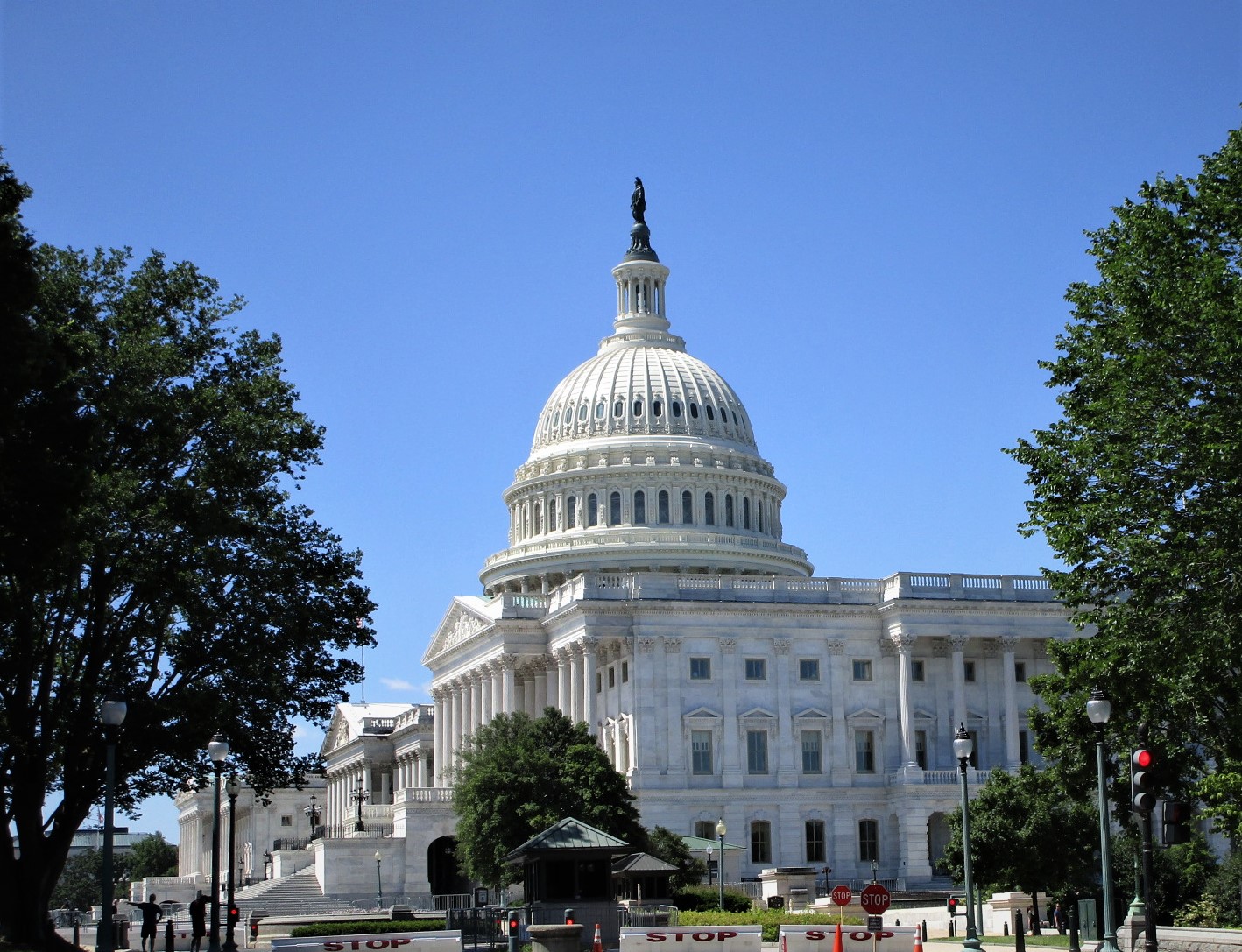GOP Proposes $65 Billion Broadband Funding Counter Offer
Would use C-Band auction revenue to supplement already-allocated COVID-19 dollars

The smarter way to stay on top of the multichannel video marketplace. Sign up below.
You are now subscribed
Your newsletter sign-up was successful
Hill Republicans are proposing to invest $65 billion in broadband infrastructure spending over five years, with the FCC and the National Telecommunications & Information Administration charged with handing out the new money.
That is according to their just-announced $568 billion GOP Infrastructure Framework, a counter offer to the Biden Administration's almost $2 trillion infrastructure plan and its $100 billion-plus for broadband.
Also Read: Sen. Wicker Wants FCC Oversight Hearing on Broadband Mapping
The $65 billion basically comes from the $81 billion in revenue from the C-Band auction--minus the $16 billion it will cost for the repacking and reallocation of that spectrum.
Sen. Roger Wicker (R-Miss.), one of the four Republican senators who unveiled the plan Thursday (April 22) and ranking member of the Energy & Commerce Committee, said that $65 billion, combined with the $40 billion for broadband already approved in various COVID-19 aid packages, would get almost to the $100 billion the President has in his infrastructure package. He said he thought it would be hard to spend all that broadband money, but that it would definitely need good broadband availability maps to do so.
Also Read: White House Paints Depressing Portrait of Broadband Deployment
Wicker said the Republican plan is a good faith effort to get negotiations started--he said the plan had been delivered to President Biden Thursday morning, though he pointed out that, sadly, some on the other side had already dismissed it without reading it.
The smarter way to stay on top of the multichannel video marketplace. Sign up below.
The Republicans said their bill focuses on core infrastructure, or what they said most of the American public considers infrastructure, rather than recycled cafeteria trays and climate justice. They pointed out that there was more money in the Biden infrastructure plan for electric vehicles than for roads, ports, bridges, and waterways combined.
The Republican plan encourages private sector investment and fiscal responsibility, according to the plan's authors, but would preserve tax cuts and rule out any increased tax on corporations.
Also Read: New Bill Would Target Broadband Rights of Way
Sen. Shelley Capito (R-W.Va.) called the plan a beginning document with room to negotiate. But what she suggested was not negotiable was some form of permitting reform if infrastructure projects are going to get done.
She said that permitting takes too long and that without "serious permitting reform" people will continue to walk away from projects.
WISPA, the wireless internet service providers association, commended the effort. "We look forward to learning more about the plan, and pledge our efforts to work with all stakeholders to ensure it fosters broadband deployment and adoption for all," said WISPA VP of government relations Christina Mason.
Contributing editor John Eggerton has been an editor and/or writer on media regulation, legislation and policy for over four decades, including covering the FCC, FTC, Congress, the major media trade associations, and the federal courts. In addition to Multichannel News and Broadcasting + Cable, his work has appeared in Radio World, TV Technology, TV Fax, This Week in Consumer Electronics, Variety and the Encyclopedia Britannica.

